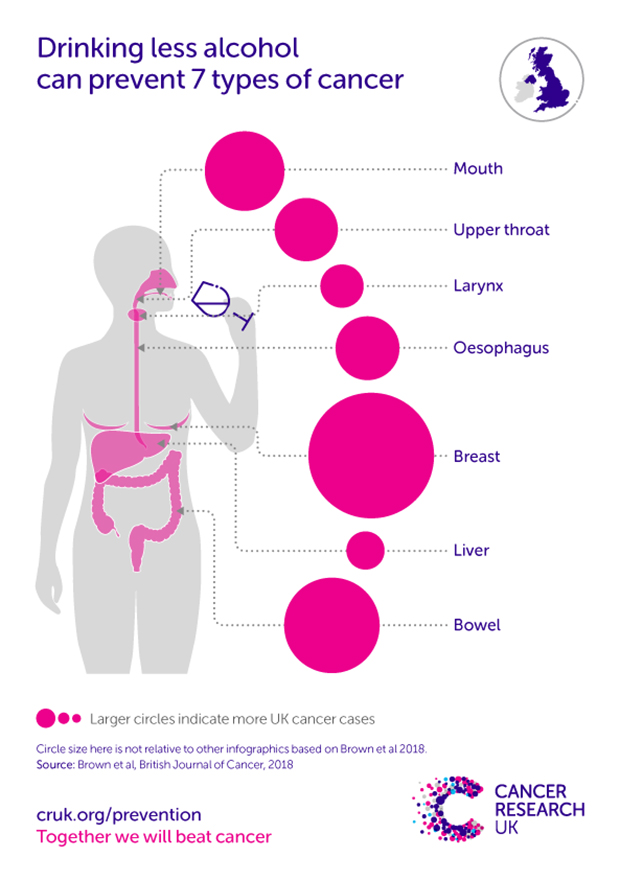Discover the surprising science behind why beer affects us differently and how various factors can alter our intoxication levels significantly.
Table of Contents
Have you ever wondered how many beers it takes to get drunk? This common question sparks curiosity and concern among many individuals who enjoy consuming alcohol. Understanding the science behind alcohol metabolism, individual tolerance levels, and the various factors influencing intoxication can provide valuable insight into responsible drinking habits. In this blog post, we will delve deep into these complexities to shed light on the intriguing question of alcohol intoxication.
The Science Behind Alcohol Metabolism
Alcohol metabolism is a complex process that involves the breakdown of ethanol, the primary component in alcoholic beverages, by enzymes in the liver. When alcohol is consumed, it is quickly absorbed into the bloodstream and travels to the brain, where it affects the central nervous system. This leads to the characteristic feelings of relaxation, altered mood, and impaired coordination associated with intoxication.
The rate at which alcohol is metabolized and eliminated from the body is influenced by various factors, including age, gender, weight, and overall health. Younger individuals typically metabolize alcohol faster than older individuals due to differences in liver function. Additionally, women tend to have lower alcohol tolerance levels than men, as they generally have a higher percentage of body fat and lower levels of the enzyme responsible for breaking down alcohol.
Individual Tolerance Levels
Individual tolerance to alcohol can vary significantly from person to person. Factors such as genetics, drinking habits, and overall alcohol consumption history play a crucial role in determining an individual’s ability to handle alcohol. Some people may have a higher tolerance due to genetic factors, while others may have a lower tolerance based on their drinking patterns and past experiences.
It is essential for individuals to understand their own tolerance levels and recognize when they have reached their limit. Paying attention to how alcohol affects your body and knowing when to stop can help prevent overconsumption and the negative consequences associated with excessive drinking.
Various Factors Influencing Intoxication
Several external factors can influence how quickly someone gets drunk when drinking beer. One significant factor is food consumption. Eating a substantial meal before drinking can slow down the absorption of alcohol into the bloodstream, reducing the likelihood of becoming intoxicated quickly.

Image courtesy of news.cancerresearchuk.org via Google Images
Hydration also plays a crucial role in alcohol metabolism. Drinking water between alcoholic beverages can help maintain hydration levels and lessen the impact of alcohol on the body. It is essential to stay hydrated while drinking to mitigate the effects of alcohol and reduce the risk of excessive intoxication.
Mixing alcohol with other substances, such as medications or drugs, can significantly impact intoxication levels. Certain medications can interact with alcohol and increase its effects, leading to heightened intoxication and potential health risks. It is crucial to be mindful of how different substances can interact and avoid mixing alcohol with medications or drugs that can have adverse effects.
Conclusion
Understanding the science of alcohol intoxication and the factors that influence it is key to promoting responsible drinking habits. By being aware of individual tolerance levels, considering various factors that affect intoxication, and knowing when to stop, individuals can enjoy alcohol in moderation while minimizing the risks associated with excessive drinking.
As you embark on your journey to unlock the mystery of alcohol intoxication, remember to drink responsibly and prioritize your well-being. Knowing your limits and making informed choices when it comes to alcohol consumption can help ensure a safe and enjoyable drinking experience.
FAQs
How does beer affect individuals differently?
Beer affects individuals differently based on factors like age, gender, weight, and overall health. Metabolism variations and genetic factors can also play a role in how quickly someone gets drunk after consuming beer.
What can impact alcohol tolerance levels?
Alcohol tolerance levels can be influenced by genetics, drinking habits, and overall alcohol consumption history. Understanding one’s tolerance and knowing when to stop can help prevent overconsumption and its negative effects.
What role does hydration play in alcohol metabolism?
Hydration is essential for alcohol metabolism as it helps maintain hydration levels and lessen the impact of alcohol on the body. Drinking water between alcoholic beverages can aid in reducing the risk of excessive intoxication.
How can food consumption affect intoxication levels?
Eating a substantial meal before drinking can slow down the absorption of alcohol into the bloodstream, potentially reducing the rate at which someone becomes intoxicated. Food consumption can help moderate alcohol’s effects and promote responsible drinking habits.
Generated by Texta.ai Blog Automation


Leave a Reply